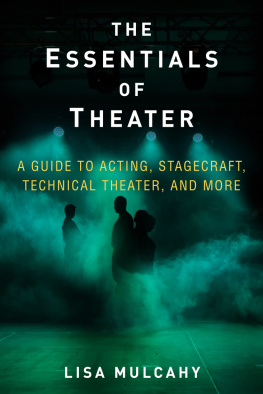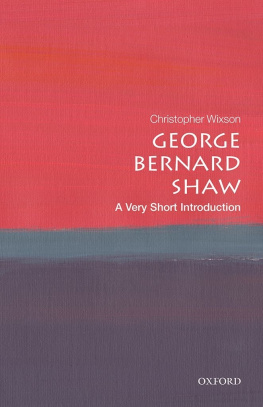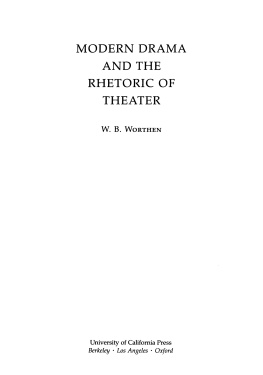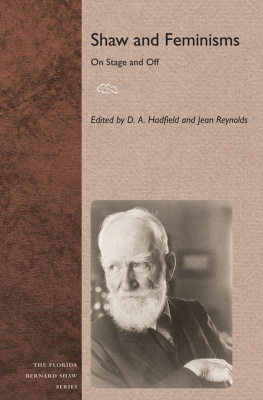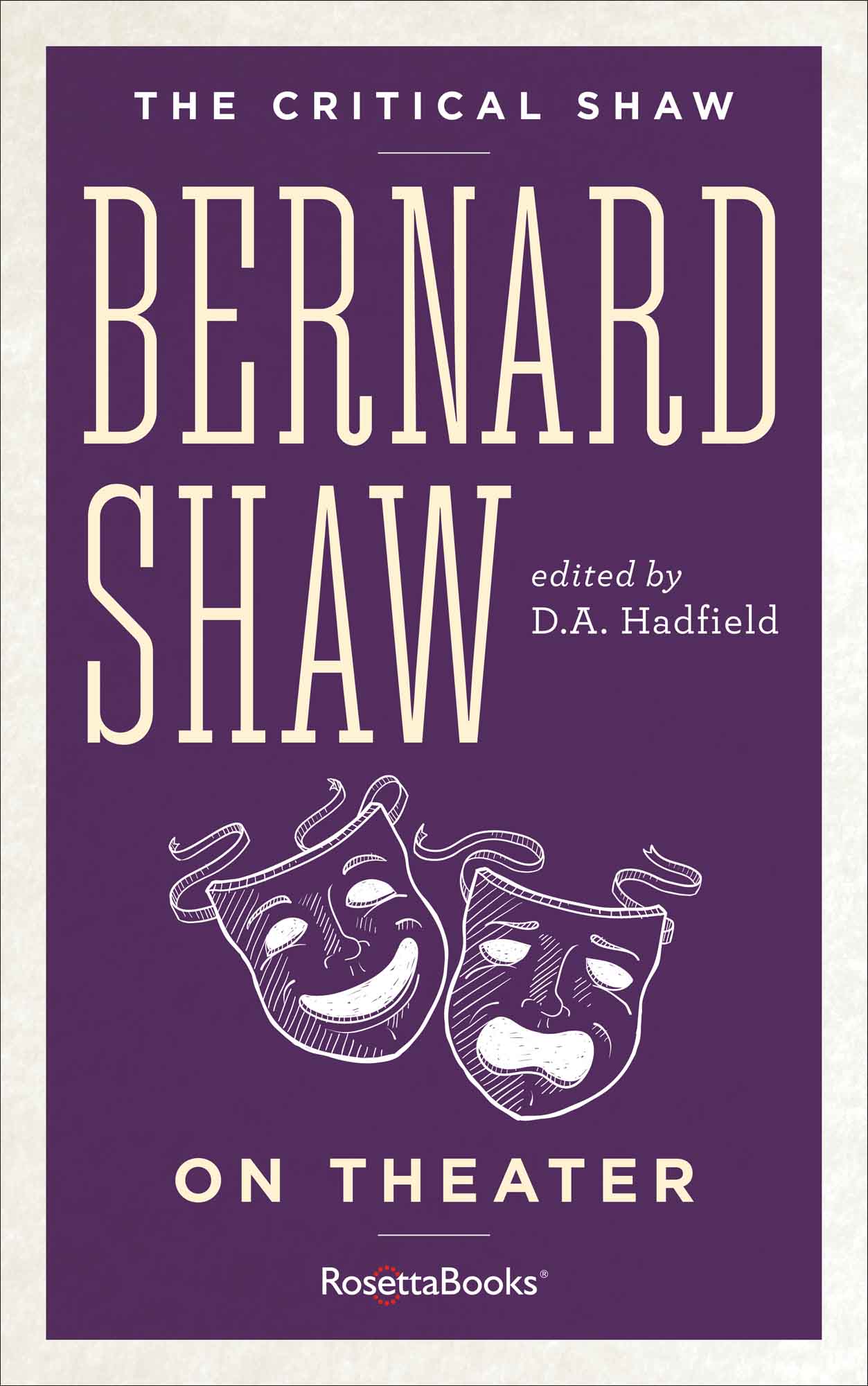George Bernard Shaw - Bernard Shaw on Theater
Here you can read online George Bernard Shaw - Bernard Shaw on Theater full text of the book (entire story) in english for free. Download pdf and epub, get meaning, cover and reviews about this ebook. year: 2016, publisher: RosettaBooks, genre: Detective and thriller. Description of the work, (preface) as well as reviews are available. Best literature library LitArk.com created for fans of good reading and offers a wide selection of genres:
Romance novel
Science fiction
Adventure
Detective
Science
History
Home and family
Prose
Art
Politics
Computer
Non-fiction
Religion
Business
Children
Humor
Choose a favorite category and find really read worthwhile books. Enjoy immersion in the world of imagination, feel the emotions of the characters or learn something new for yourself, make an fascinating discovery.

- Book:Bernard Shaw on Theater
- Author:
- Publisher:RosettaBooks
- Genre:
- Year:2016
- Rating:4 / 5
- Favourites:Add to favourites
- Your mark:
Bernard Shaw on Theater: summary, description and annotation
We offer to read an annotation, description, summary or preface (depends on what the author of the book "Bernard Shaw on Theater" wrote himself). If you haven't found the necessary information about the book — write in the comments, we will try to find it.
A collection of critical writings on theater from the Nobel Prizewinning playwright behind Man and Superman and Pygmalion.
The Critical Shaw: On Theater is a comprehensive selection of essays and addresses about drama and theater by renowned Irish playwright and Nobel Laureate Bernard Shaw. An outspoken critic of the melodramas and formulaic farces that comprised most of the popular theater in the late nineteenth century, Shaw relentlessly campaigned for audiences, actors, theater managers, and even government officials to take theater more seriously, to use the stage as a forum for representing complex real issues such as poverty, marriage and divorce laws, sexual attraction, gender equality, and political power, so that through seeing them acted out, audiences could better understand and address them when they left the theater. Shaws commitment to social reform through theater was matched by his expertise in the artistic and practical aspects of drama: whether he was reviewing productions, lecturing about acting, or schooling agents on royalties and copyright law, Shaw set a standard for intelligent professionalism that our own theaters might still aspire to and be measured against.
The Critical Shaw series brings together, in five volumes and from a wide range of sources, selections from Bernard Shaws voluminous writings on topics that exercised him for the whole of his professional career: Literature, Music, Politics, Religion, and Theater. The volumes are edited by leading Shaw scholars, and all include an introduction, a chronology of Shaws life and works, annotated texts, and a bibliography. The series editor is L.W. Conolly, literary adviser to the Shaw Estate and former president of the International Shaw Society.George Bernard Shaw: author's other books
Who wrote Bernard Shaw on Theater? Find out the surname, the name of the author of the book and a list of all author's works by series.

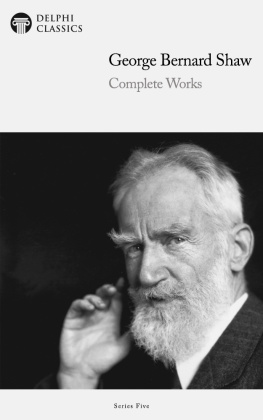
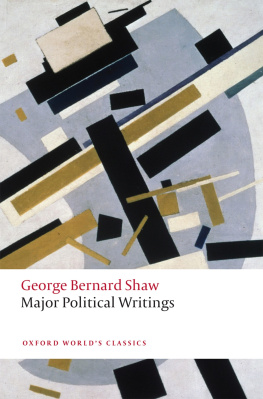
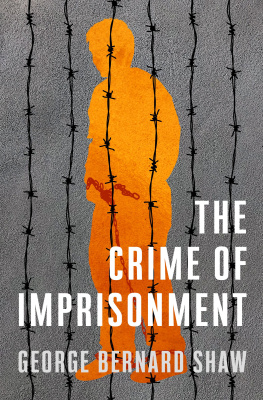
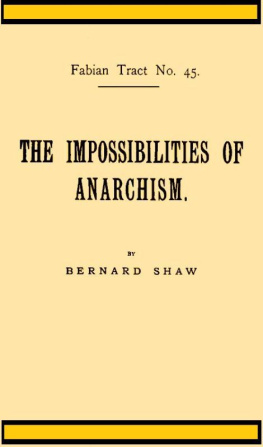

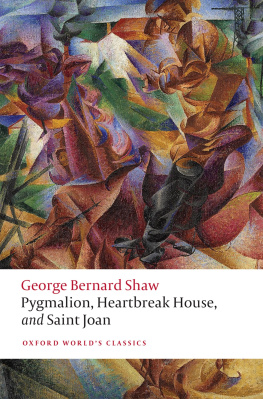
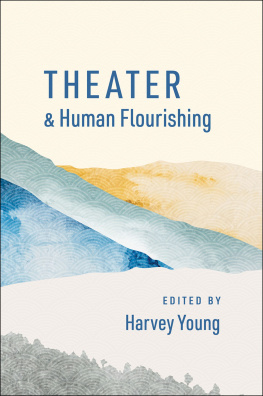
![Viola Spolin - Improvisation for the Theater: A Handbook of Teaching and Directing Techniques [1963 ed.]](/uploads/posts/book/406435/thumbs/viola-spolin-improvisation-for-the-theater-a.jpg)
